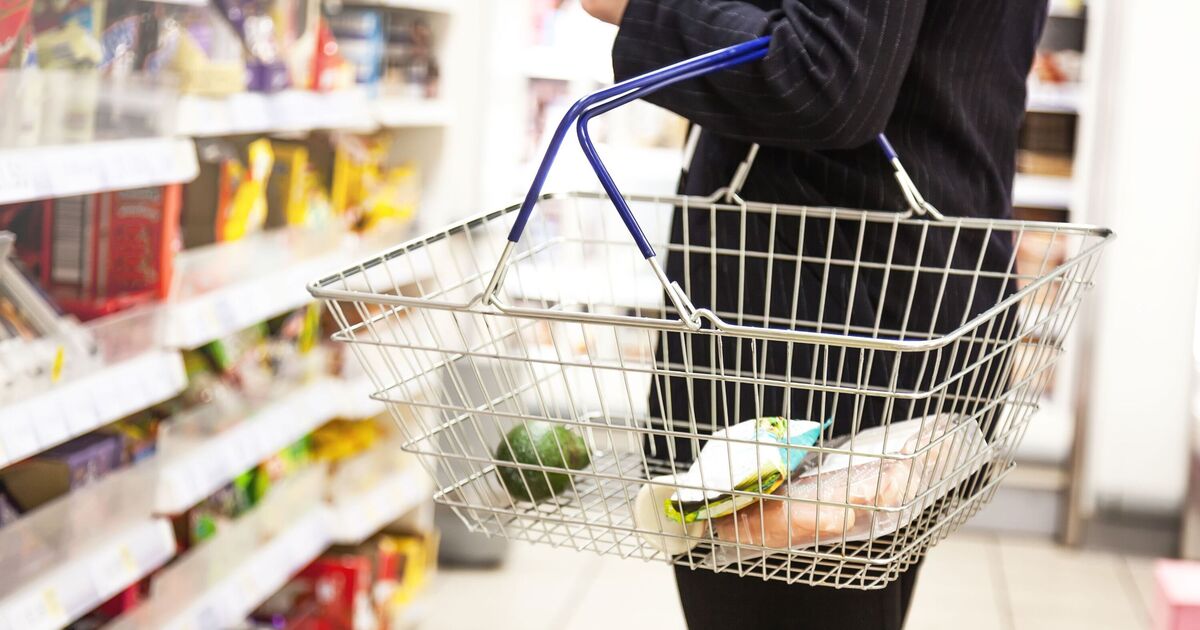
Supermarket shoppers buying baby formula can get up to £540 per year back by making one key change in stores.
A new report from the Competition and Markets Authority (CMA) has found that parents who switch to non-branded and lower-priced baby formula could save hundreds of pounds a year.
The CMA found that many branded products cost more than the weekly value of people’s benefits, leading some parents to forgo food to buy the product, and warned that high prices and branding in the baby formula industry are leading to “poor outcomes” for parents”.
The regulator said that parents can be duped into paying more through the belief that higher prices mean better quality products, despite all brands meeting the same nutritional standards.
The CMA said: “Regulations mean that all infant formulas must be safe and contain all the nutrients a healthy baby needs for development and growth and NHS advice states that ‘It does not matter which brand you choose, they’ll all meet your baby’s nutritional needs, regardless of price’.”
Analysis by the regulator across various baby formula brands, including Aptamil, Cow & Gate, SMA, Little Steps, HiPP and Kendal Nutricare, revealed that prices of what is essentially the same product vary significantly.
According to the CMA, parents could save around £300 over the first year of their baby’s life by switching to lower priced brands and wouldn’t be sacrificing any nutritional benefits. The regulator adds that those who switch from Aptamil Advance to Little Steps instead could save up to £540 per year.
The CMA said: “The difference in prices between brands leads to substantial differences in the cost over a baby’s first year of life, such that brand choice has a sizeable financial impact on parents.
“Buying the current market leader Aptamil’s 800g tubs at the Tesco price (in November 2024) would cost around £700 for a baby exclusively formula-fed from birth to 12 months, based on the feeding guidance stated on the pack.
“On an equivalent basis, Little Steps (one of the cheapest widely available 800g products) would cost around £400; therefore, choosing Little Steps over Aptamil – as an example – could save parents around £300 over the first year of their baby’s life. Choosing Little Steps instead of Aptamil Advanced, meanwhile, could save parents around £540.”
The regulator suggested that the NHS introduce its own non-branded baby formula to help drive prices down, while also recommending that existing products be provided in non-branded containers in hospitals to reduce brand influence while parents are in a “vulnerable” setting.
The CMA adds nutritional information should be clearly displayed on packaging, while any claims that cannot be easily checked by parents should be banned to help shoppers pick more easily between brands.
Currently, the baby formula industry is dominated by just three companies – Danone, Kendal and Nestle – which make up about 90% of the market, and regulators note that prices have surged by 25% over the past two years as shoppers faced the brunt of rising factory costs.
Sarah Cardell, chief executive of the CMA, said: “Every parent wants to give their baby the best possible start in life. Many whom need, or choose, to formula feed, pick a brand at a vulnerable moment, based on incomplete information, often believing that higher prices must mean better quality. This is despite NHS advice stating that all brands will meet your baby’s nutritional needs, regardless of brand or price.
“Governments across the UK are committed to the tight regulation of infant formula for public health reasons. So, our proposals are designed to help parents make the best choices for them and their babies, with access to better information, while sharpening the effectiveness of the existing rules.
“Our proposals will also make it easier for regulations to be properly enforced, while ensuring manufacturers and retailers can be more confident in what they can and can’t do according to law.”

















